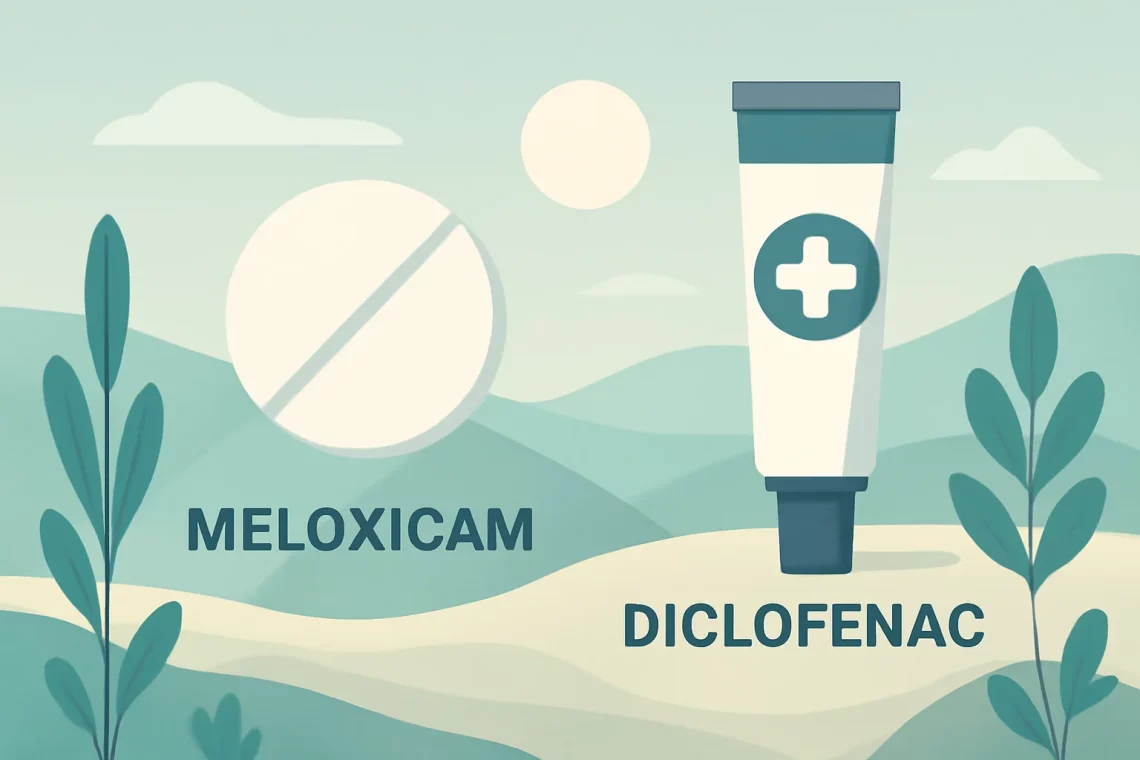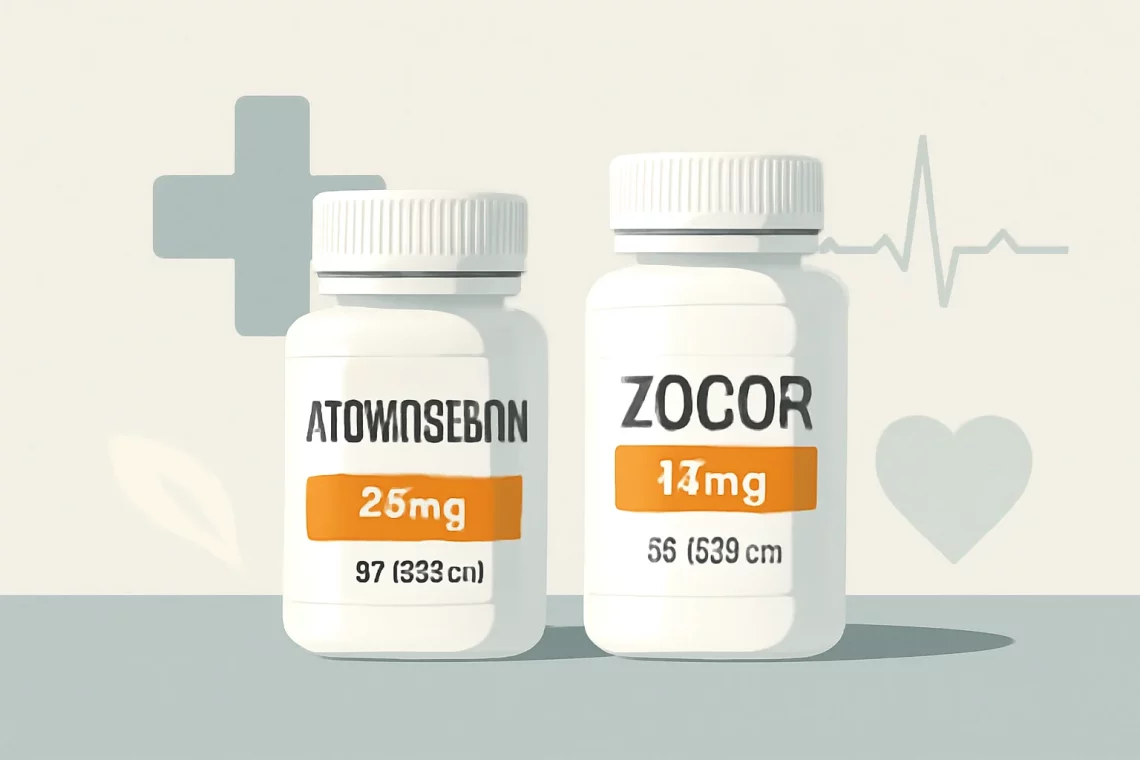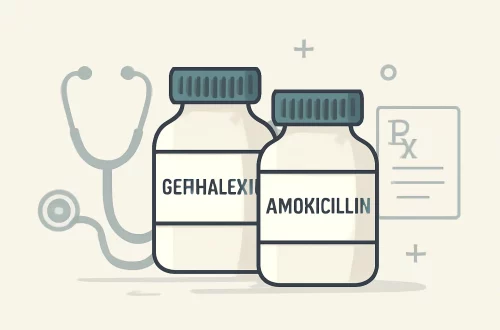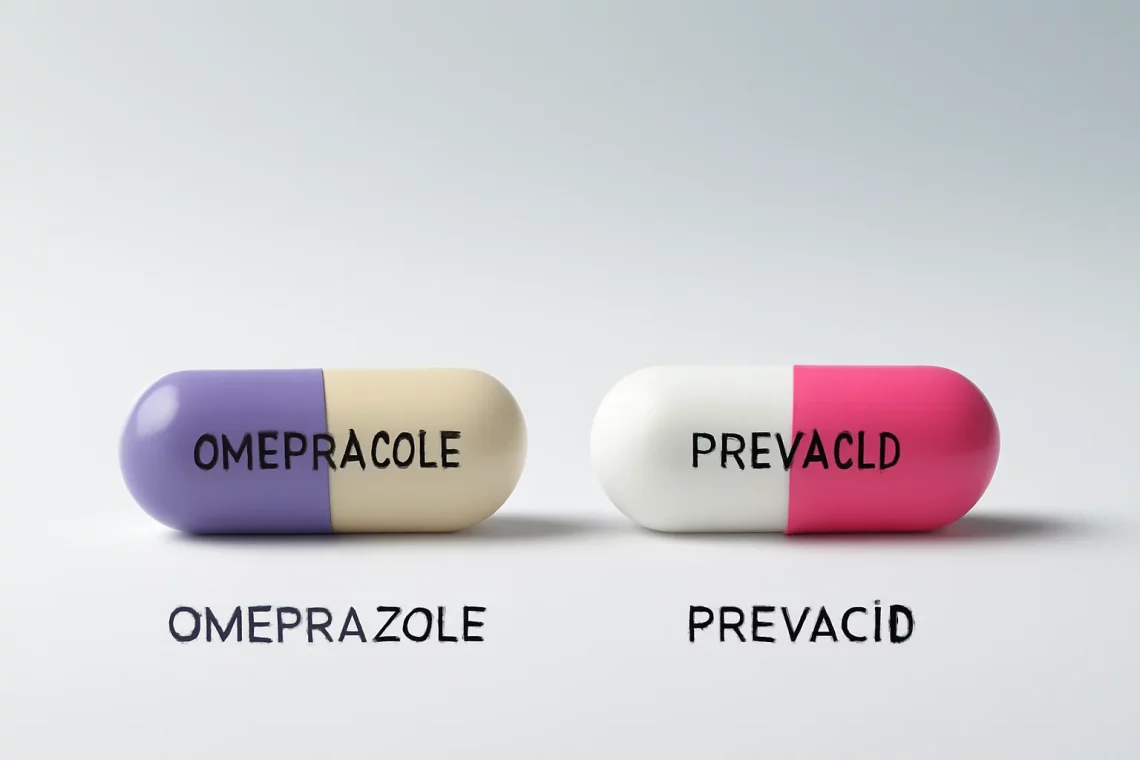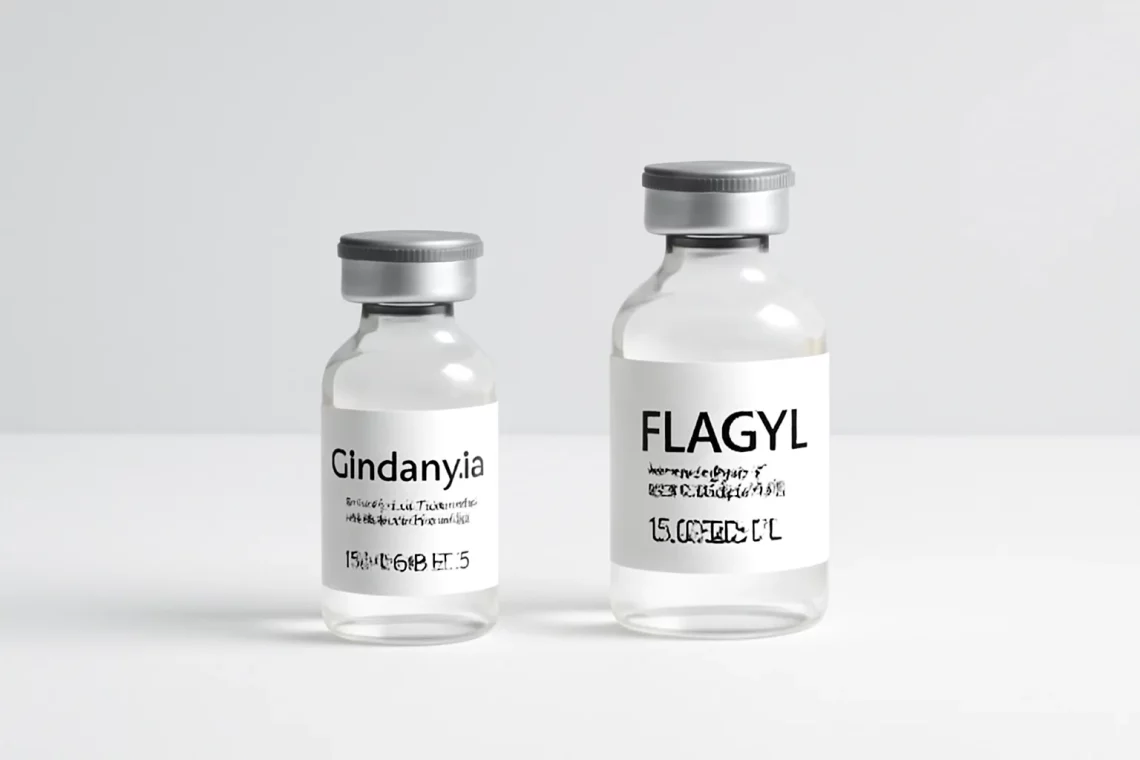Health
-
Atomoxetine vs Guanfacine: Which is Better for ADHD Treatment?
Attention-deficit/hyperactivity disorder (ADHD) is a complex neurodevelopmental disorder that affects both children and adults. It is characterized by symptoms such as inattention, hyperactivity, and impulsivity, which can significantly impact daily life and functioning. As awareness of ADHD continues to grow, so does the demand for effective treatment options. While behavioral therapies are often recommended, pharmacological interventions are also frequently utilized. Among these, Atomoxetine and Guanfacine have emerged as two popular non-stimulant medications. Atomoxetine, a selective norepinephrine reuptake inhibitor, is primarily used in the treatment of ADHD. It works by increasing the levels of norepinephrine in the brain, which helps improve attention and decrease impulsivity and hyperactivity. On the other hand,…
-
Bunavail vs Zubsolv: A Comprehensive Comparison of Two Treatments
The opioid crisis has led to an increasing need for effective treatment options for individuals struggling with opioid dependence. In this context, medications like Bunavail and Zubsolv have emerged as popular choices for those seeking recovery. Both of these medications contain buprenorphine, a partial opioid agonist that helps to alleviate withdrawal symptoms and cravings associated with opioid addiction. However, despite their similarities, there are significant differences between Bunavail and Zubsolv that can influence a patient’s treatment journey. Understanding these differences is crucial for patients, healthcare providers, and families navigating the complexities of addiction treatment. The choice between Bunavail and Zubsolv can depend on various factors, including the patient’s medical history,…
-
Meloxicam vs Diclofenac: Which Pain Reliever is Right for You?
Meloxicam and diclofenac are both nonsteroidal anti-inflammatory drugs (NSAIDs) that play a significant role in managing pain and inflammation. These medications are frequently prescribed for various conditions, including arthritis, musculoskeletal pain, and post-surgical discomfort. While they share similar properties, their mechanisms of action, efficacy, and side effects can vary considerably. Understanding the differences and similarities between meloxicam and diclofenac can help patients and healthcare providers make informed decisions regarding pain management strategies. As the demand for effective pain relief continues to rise, it becomes crucial to evaluate the options available. Patients often seek alternatives to traditional pain medications due to concerns about side effects, dependency, or effectiveness. Both meloxicam and…
-
Adderall vs Mydayis: Which ADHD Medication is Right for You?
Adderall and Mydayis are two commonly prescribed medications used to treat Attention Deficit Hyperactivity Disorder (ADHD). Both of these stimulant medications aim to enhance concentration, reduce impulsivity, and improve overall cognitive function for those diagnosed with ADHD. However, despite their similar purposes, they differ in various aspects, including their composition, duration of action, side effects, and the way they are metabolized in the body. Understanding these differences can help patients and caregivers make informed decisions about which medication might be more suitable for their specific needs. As the prevalence of ADHD continues to rise, so does the importance of effective treatment options. Patients often seek medications that not only alleviate…
-
Zepbound vs Trulicity: A Comprehensive Comparison of Diabetes Medications
In recent years, the management of diabetes has evolved significantly, with the introduction of various medications aimed at improving blood sugar control. Among these medications, Zepbound and Trulicity have emerged as popular choices for patients and healthcare providers. Both drugs belong to the class of glucagon-like peptide-1 (GLP-1) receptor agonists, which have shown effectiveness in managing type 2 diabetes. The increasing prevalence of diabetes worldwide has led to a surge in interest surrounding these medications, as individuals seek effective and efficient solutions to maintain their health and well-being. Understanding the differences and similarities between Zepbound and Trulicity can help patients and caregivers make informed decisions about their diabetes management options.…
-
Gemtesa vs Detrol: A Comprehensive Comparison of Urinary Medications
Gemtesa and Detrol are two medications that have gained attention for their roles in managing urinary conditions, particularly overactive bladder (OAB). With an increasing number of individuals experiencing symptoms such as urgency, frequency, and incontinence, understanding the available treatment options becomes crucial. Both Gemtesa and Detrol are designed to alleviate these symptoms, yet they operate through different mechanisms and may suit different patient profiles. As the healthcare landscape continues to evolve, patients and healthcare providers are increasingly seeking effective solutions to enhance quality of life. The choice between Gemtesa and Detrol can be influenced by various factors, including the severity of symptoms, potential side effects, and individual health considerations. This…
-
Atorvastatin vs Zocor: Which Cholesterol Medication is Right for You?
Atorvastatin and Zocor are two medications commonly prescribed to manage cholesterol levels and reduce the risk of cardiovascular diseases. Both belong to a class of drugs known as statins, which work by inhibiting the enzyme HMG-CoA reductase, crucial for cholesterol production in the liver. High cholesterol levels can lead to atherosclerosis, a condition where arteries become narrowed and hardened, increasing the risk of heart attacks and strokes. The importance of managing cholesterol levels has become a focal point in preventive healthcare. With cardiovascular diseases being among the leading causes of death worldwide, understanding the options available for cholesterol management is essential. Statins, including atorvastatin and Zocor, have proven effective in…
-
Omeprazole vs Prevacid: Which Proton Pump Inhibitor Is Better?
Omeprazole and Prevacid are both widely used medications in the realm of gastrointestinal health, primarily known for their roles as proton pump inhibitors (PPIs). These medications are designed to reduce the production of stomach acid, providing relief for various conditions such as gastroesophageal reflux disease (GERD), peptic ulcers, and Zollinger-Ellison syndrome. As the prevalence of acid-related disorders continues to rise, understanding the differences and similarities between these two drugs becomes increasingly essential for patients and healthcare providers alike. Proton pump inhibitors work by blocking the proton pumps in the stomach lining, leading to decreased acid secretion. This reduction in acid can alleviate symptoms of heartburn, allow ulcers to heal, and…
-
Ibuprofen vs Advil: Understanding the Differences and Uses
Ibuprofen and Advil are two terms often encountered in discussions surrounding pain relief and inflammation management. Both are widely used in households and medical settings alike, yet many people may not fully understand the differences and similarities between them. In essence, ibuprofen is the generic name for a common nonsteroidal anti-inflammatory drug (NSAID), while Advil is a popular brand name under which ibuprofen is sold. This distinction raises questions about the efficacy, usage, potential side effects, and overall safety of these medications. As individuals seek effective solutions for pain, fever, and inflammation, it’s crucial to navigate the pharmaceutical landscape carefully. The choice between ibuprofen and Advil may seem trivial; however,…
-
Clindamycin vs Flagyl: A Comprehensive Comparison of Antibiotics
Clindamycin and Flagyl are two commonly prescribed antibiotics used to treat various bacterial infections. Their effectiveness and appropriate use depend on the type of bacteria involved and the specific condition being treated. Clindamycin belongs to the lincosamide class of antibiotics, while Flagyl, or metronidazole, is classified as a nitroimidazole. Both medications play crucial roles in modern medicine, particularly in the management of infections that are resistant to other antibiotics. Understanding the differences and similarities between these two antibiotics can aid healthcare professionals and patients alike in making informed decisions regarding their treatment options. Each medication has unique indications, mechanisms of action, and side effects, which can influence the choice of…








